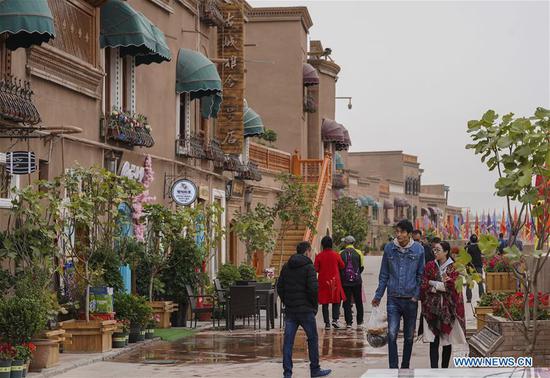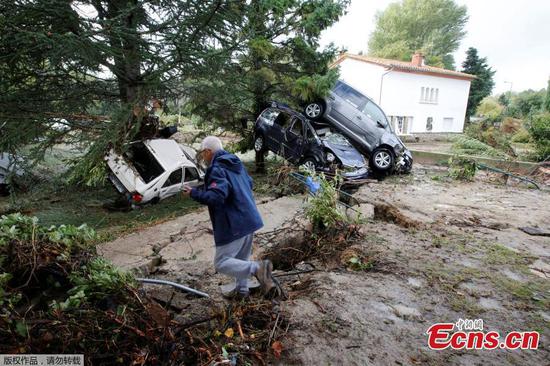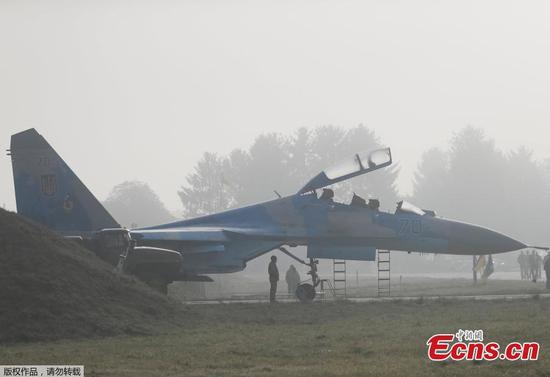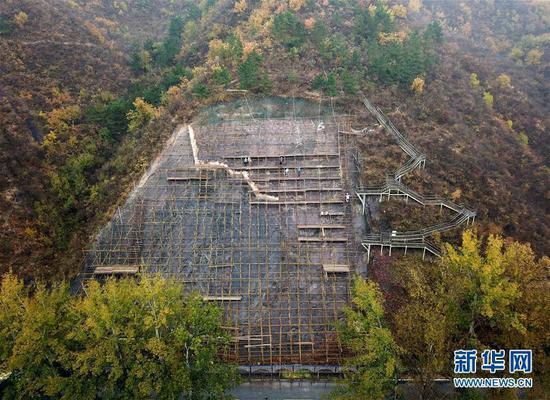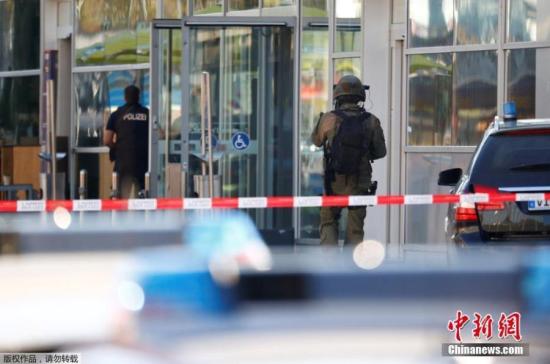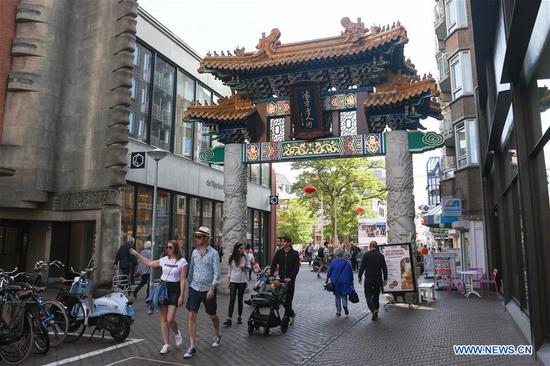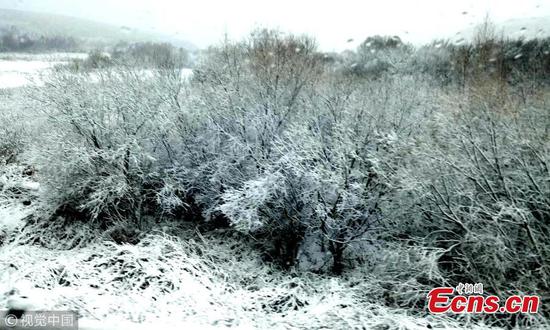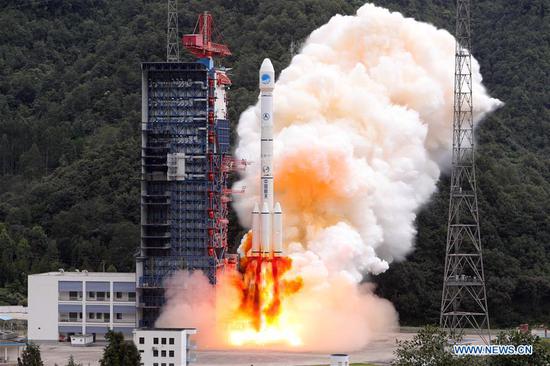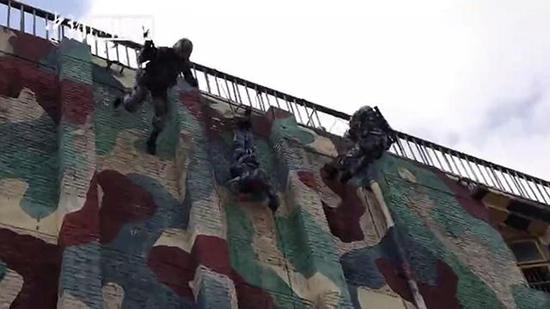The World Health Organization (WHO) said Wednesday that the ongoing Ebola outbreak in the Democratic Republic of the Congo (DRC), though a deep concern posing serious challenges, has not turned into an international health emergency.
The WHO convened a meeting of the Emergency Committee on Wednesday regarding the Ebola outbreak in the Central African country, concluding that a public health emergency of international concern should not be declared at this time.
However, the committee remained deeply concerned by the outbreak and emphasized that response activities need to be intensified and ongoing vigilance is critical.
One of the biggest challenges posed by the outbreak, the committee said, has been that it's taking place in an active conflict zone amidst prolonged humanitarian crises. For instance, about eight major security incidents have occurred in the Beni area, one of the epicenters of the outbreak, during the past eight weeks, which have complicated contact tracing and other aspects of the response.
Meanwhile, community mistrust in those areas, partly due to the security situation, and people who avoid follow-up or delay seeking treatment, still remain significant problems that require deepening engagement by response teams.
New cases being identified without epidemiological links are also of great concern and require further detailed epidemiological mapping. And ring vaccination efforts, though there are high coverage rates among eligible populations, still rely heavily on performing contact tracing in the DRC and all countries that may be affected.
The committee advised that the local government, the WHO, and partners must intensify the current operations, while keeping in mind the critical determining factor of the population's safety and security.
The WHO has called for special attention to Beni and Butembo, two areas that have since been hit by the disease. As there is a very high risk of regional spread, the WHO also urged neighboring countries to accelerate preparedness and surveillance, such as vaccinating health care workers and front-line workers in high-risk districts neighboring the DRC. However, it strongly recommended that no international travel or trade restrictions should be applied.










